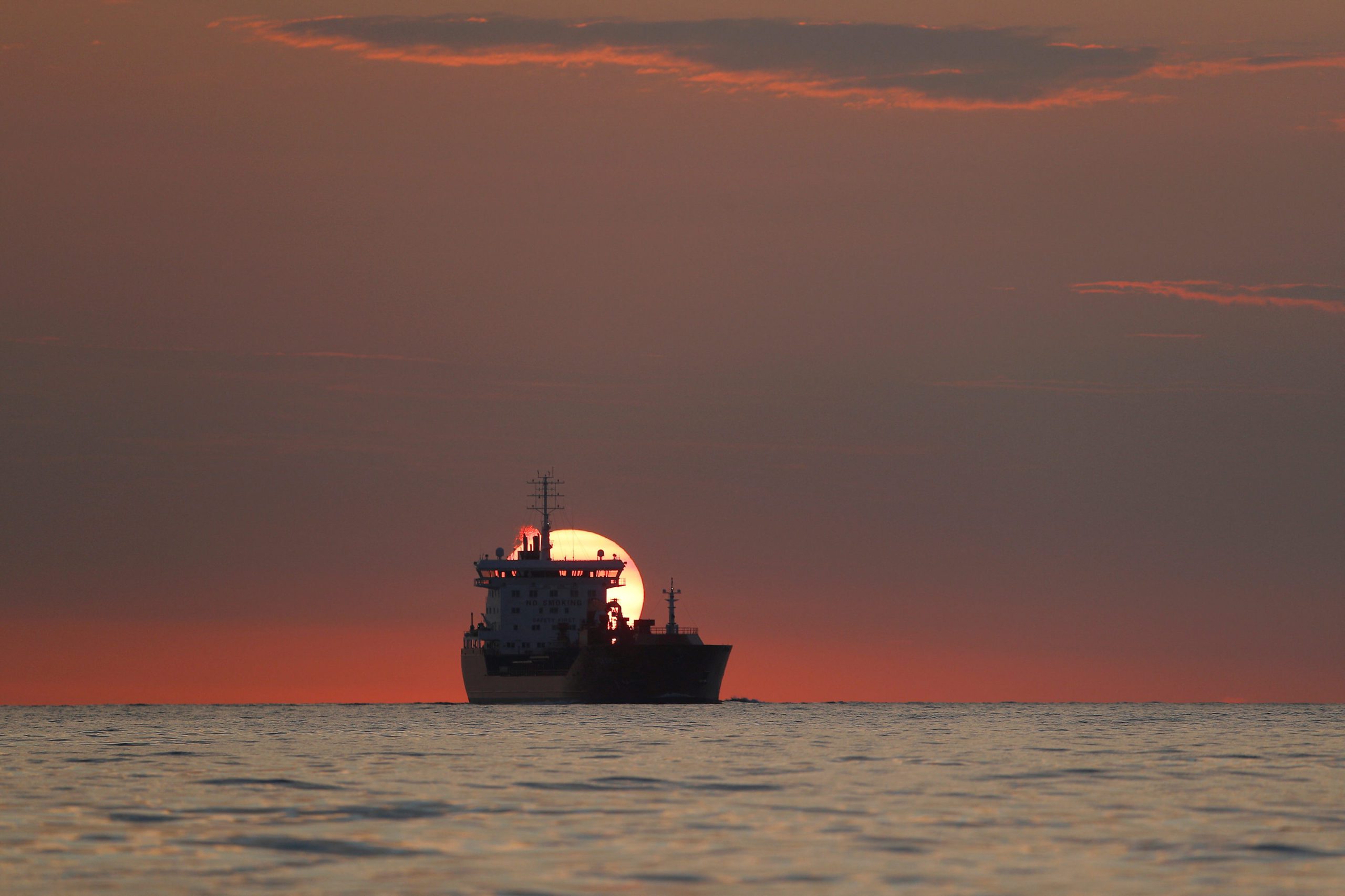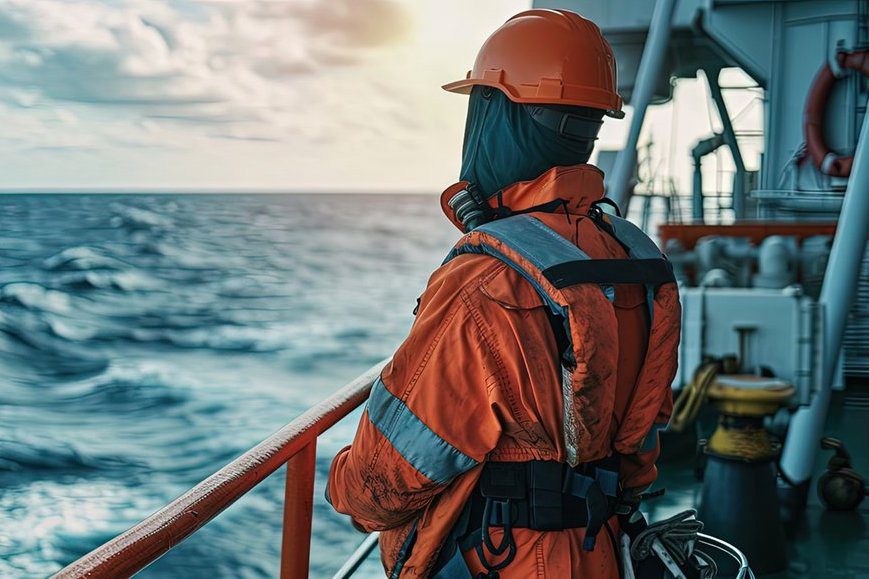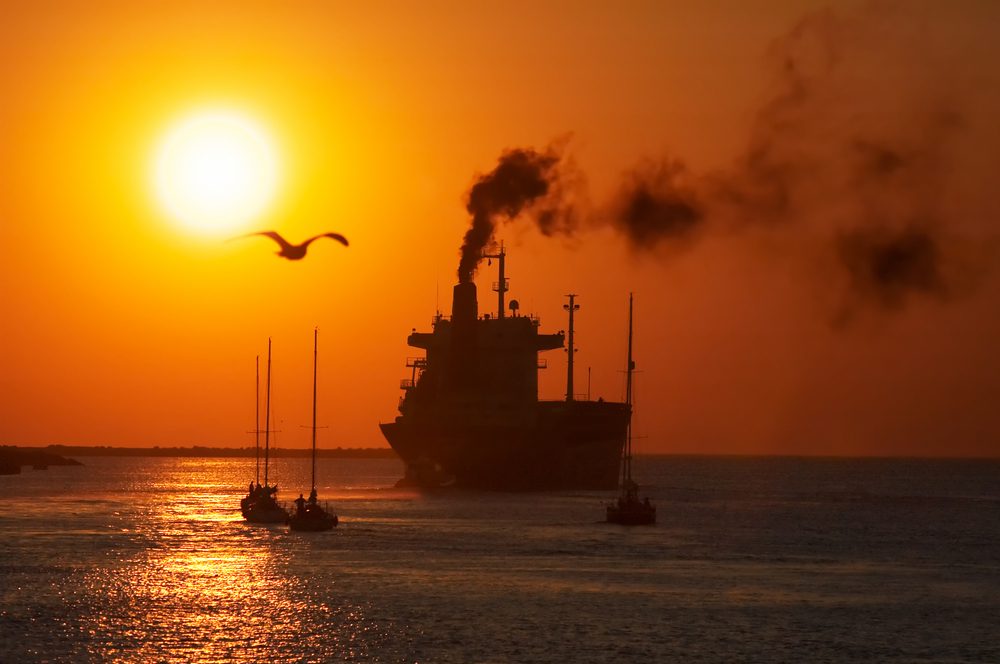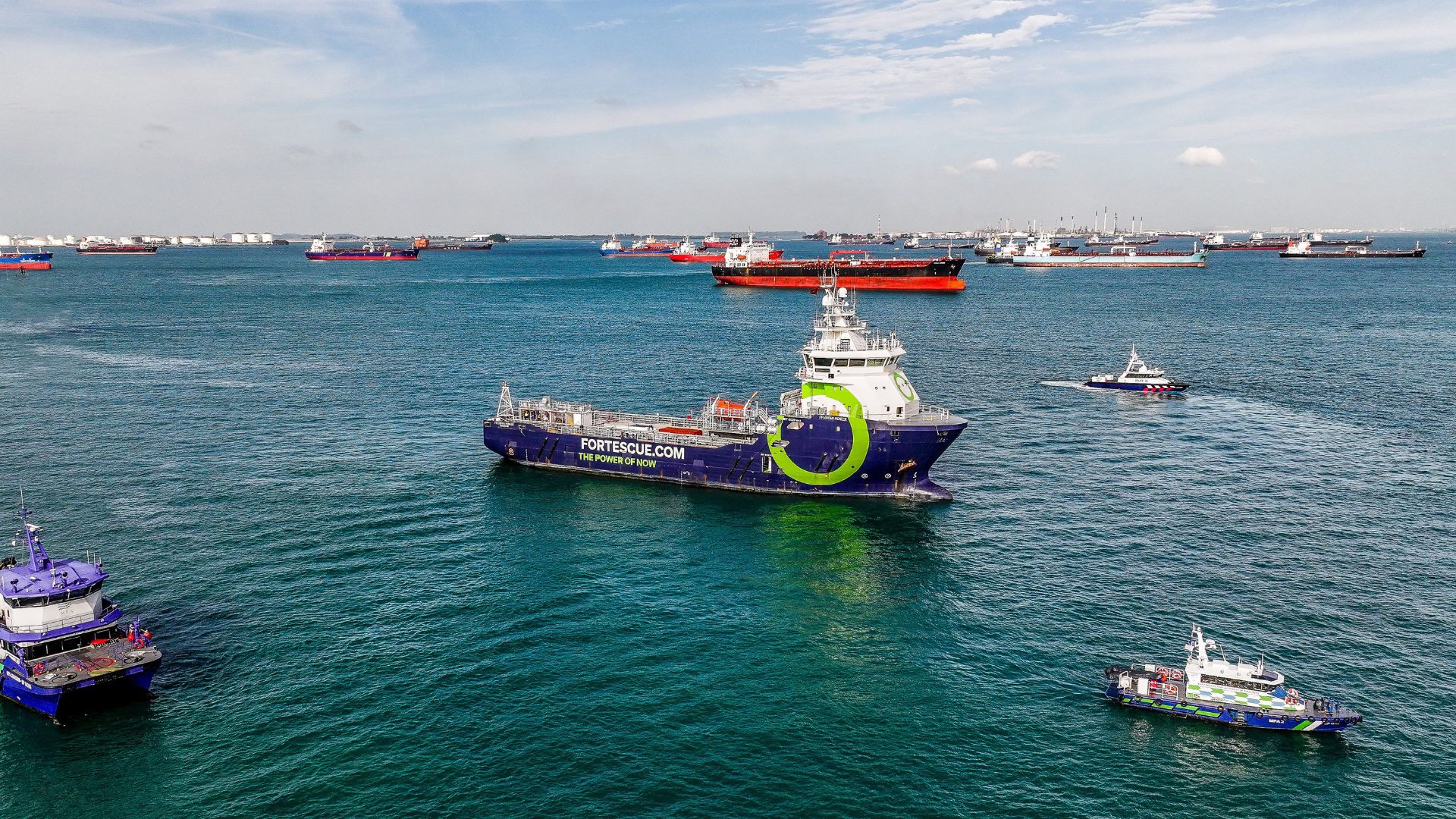Governments at the UN’s International Maritime Organization (IMO) are expected to adopt the world’s first global carbon pricing scheme on any international polluter next week, as the shipping industry faces a transformative moment in its environmental regulations.
The Extraordinary Session of the Marine Environment Protection Committee (MEPC E.2) in London on October 14-17 will consider formal adoption of the “Net-Zero Framework” – a comprehensive regulatory package aimed at achieving net-zero greenhouse gas emissions from shipping by or around 2050.
“The global industry remains fully committed to working collaboratively with IMO Member States to implement successfully this carefully balanced regulatory package for achieving net zero GHG emissions by or close to 2050,” stated leading international maritime associations in a joint statement released on October 9 from London.
The statement, backed by organizations representing the majority of the global shipping fleet, emphasized the critical nature of this regulatory framework: “With the support of the industry, this is a unique and historic opportunity for governments to put in place a comprehensive global framework, which will be strictly enforced worldwide, to incentivise the shipping industry’s transition to net zero emissions whilst ensuring a level playing field.”
The maritime transport sector, which moves 90% of global trade, has positioned itself as ready to “play its important part in delivering a sustainable future.”
The IMO Net-Zero Framework, initially approved during the Marine Environment Protection Committee’s 83rd session in April 2025, represents the first global regulatory system to combine mandatory emissions limits with greenhouse gas pricing across an entire industry sector. The framework will be included in a new Chapter 5 of Annex VI to the International Convention for the Prevention of Pollution from Ships (MARPOL).
Under the proposed regulations, ships will be required to comply with two key mechanisms: a global fuel standard that will require vessels to reduce their greenhouse gas fuel intensity over time, and a global economic measure that will establish a system of penalties and rewards based on emissions performance.
Specifically, ships that emit above set thresholds will need to acquire “remedial units” to balance their emissions deficit. This can be accomplished by transferring surplus units from other ships, using previously banked surplus units, or purchasing remedial units through contributions to a newly established IMO Net-Zero Fund.
This fund will be instrumental in supporting the industry’s transition, with revenues being used to reward low-emission ships, support innovation and research, fund training and technology transfer, and mitigate negative impacts on vulnerable states such as Small Island Developing States and Least Developed Countries.
Industry leaders have emphasized the importance of global regulations, stating: “Only global rules will decarbonise a global industry. Without the Framework, shipping would risk a growing patchwork of unilateral regulations, increasing costs without effectively contributing to decarbonisation.”
If adopted next week as expected, the amendments will likely enter into force in 2027, becoming mandatory for large ocean-going ships over 5,000 gross tonnage, which collectively emit 85% of the total CO2 emissions from international shipping.
The adoption of this framework would represent a significant victory for climate diplomacy, particularly following the April 2025 agreement that was secured through a vote at the IMO. The shipping industry’s united support could be crucial for the framework’s successful implementation.
Key supporters of the framework are expected to include most BRICS nations, the EU27, Canada, UK, South Korea, Japan, Singapore, Panama, and Chile.
Following the expected adoption of the legally-binding regulations next week, technical negotiations will continue during ISWG-GHG-20 (October 20-24) to finalize key details on the design and implementation of the framework. This will be followed by approval of detailed implementation guidelines at MEPC 84 in Spring 2026.
In his closing remarks at the April meeting, IMO Secretary-General Arsenio Dominguez noted: “The approval of draft amendments to MARPOL Annex VI mandating the IMO net-zero framework represents another significant step in our collective efforts to combat climate change, to modernize shipping and demonstrates that IMO delivers on its commitments.”
Editorial Standards · Corrections · About gCaptain

 Join The Club
Join The Club











